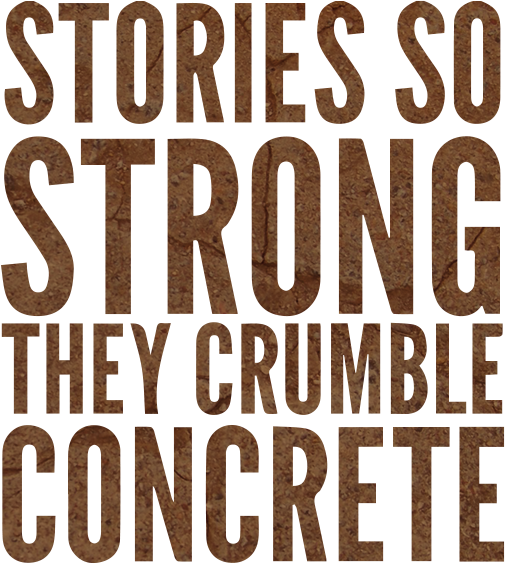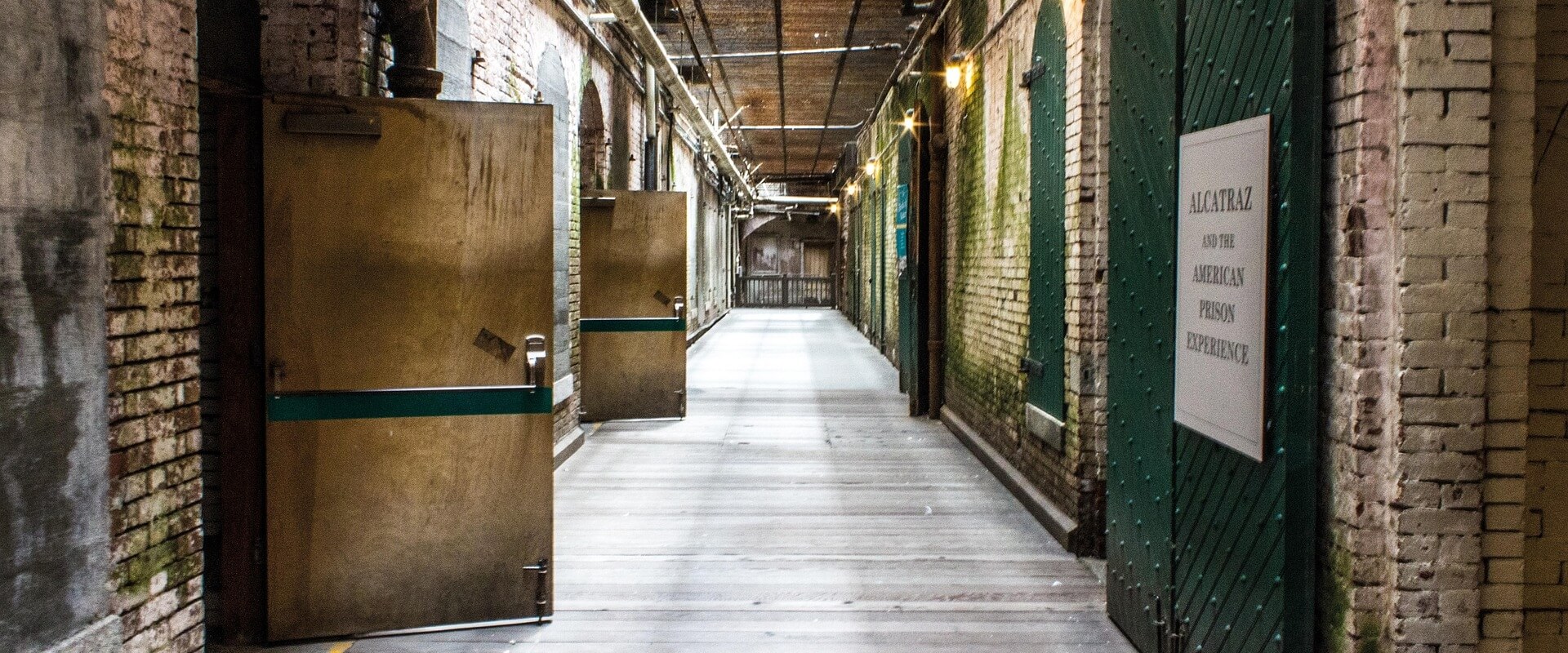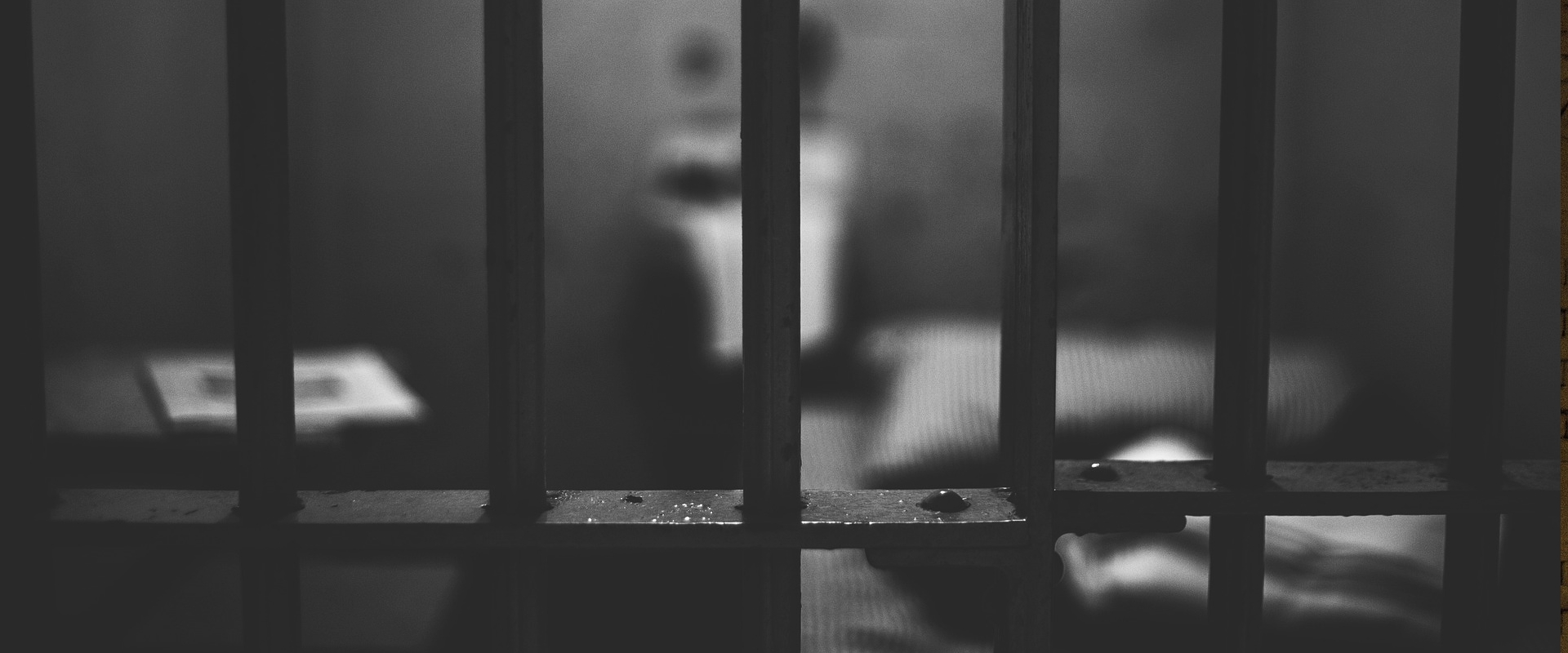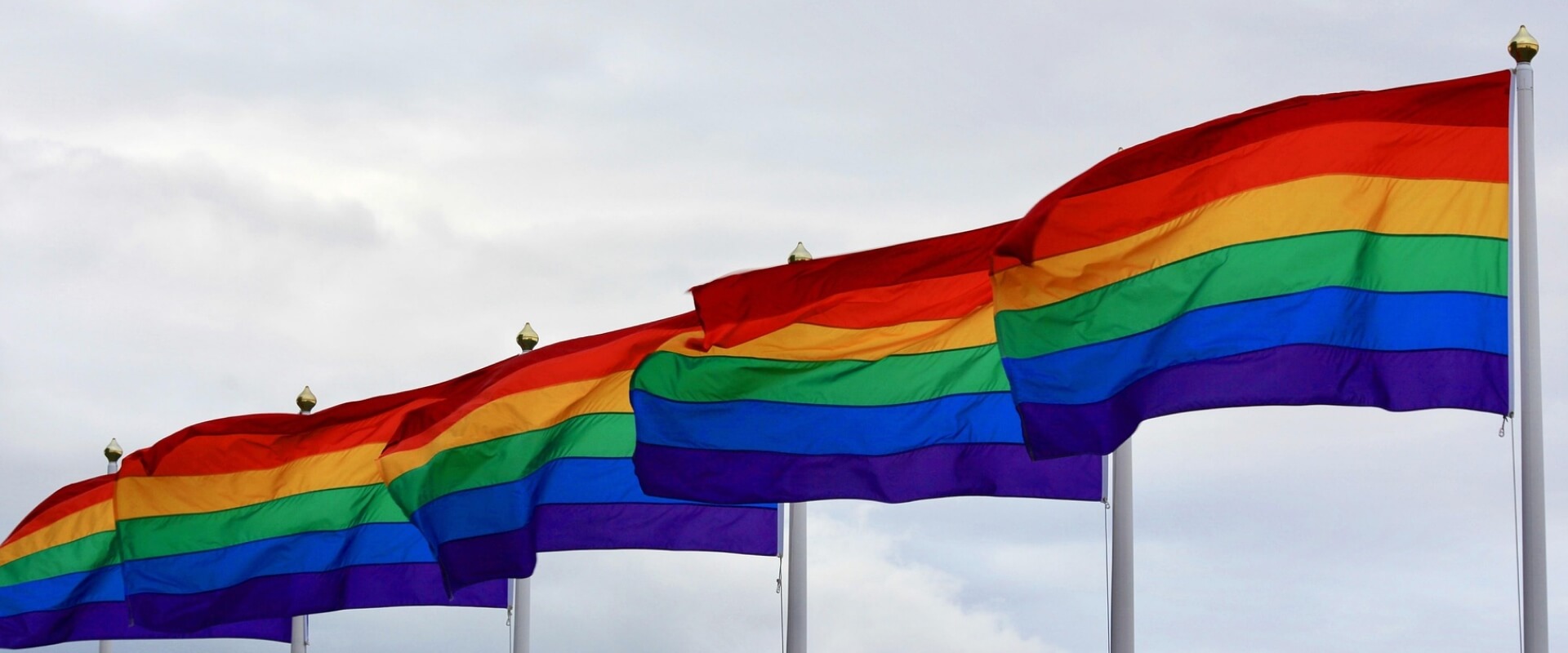Prison Industrial Complex
(This commentary was originally published by Women’s eNews on August 31, 2005.)
Incarcerated women won an important victory last week when a judge struck down a policy that violated their abortion rights. A Maricopa County, Ariz., judge found that a county sheriff’s unwritten policy requiring women to obtain a court order in order to be transported from jail to a clinic for an abortion violated their rights, in a challenge brought by the American Civil Liberties Union.
The policy that was overruled was that of Sheriff Joe Arpaio, the self-proclaimed “toughest sheriff in America,” who oversees the jails in Maricopa County, Ariz. Arpaio boasts of forcing prisoners to work on chain gangs, housing hundreds in tents under the hot Phoenix sun, exposing them on the Internet via his “jail cam” and making men wear pink underwear. Although Arpaio’s persona may be unique, his restrictive abortion policy, unfortunately, is not. Across the country, correctional authorities routinely make it difficult for women to obtain abortions, by forcing them to jump through bureaucratic hoops and refusing to pay for the abortion or even to take them to a clinic.
As Arpaio told the Arizona Daily Sun, “You lose a lot of rights when you’re in jail, whether it’s trying to get an abortion or watching R-rated movies or sex movies or smoking or coffee.” But as the judges in this and every other similar case make clear, women don’t automatically lose their rights just because they are behind bars.
Two Constitutional Rights
Two important constitutional rights protect women’s decisions about pregnancy and abortion. These are the right to choose abortion that applies to all American women and the right to adequate medical care that is guaranteed specifically to prisoners, as part of the right to be free from cruel and unusual punishment.
Moreover, the U.S. Supreme Court has held that government policies cannot “unduly burden” a woman’s exercise of her abortion rights. Forcing women to hire an attorney, appeal to a judge for a court order authorizing the abortion and risk delays of such magnitude that they can no longer obtain an abortion constitute precisely such undue burdens. “Jane Doe,” who brought the lawsuit against Arpaio, decided early on to have an abortion and paid the clinic’s fee in advance, but still spent eight long weeks trying to get a court order so that the jail would take her to the clinic.
She succeeded only when the ACLU stepped in to represent her and had an abortion shortly before her 14th week of pregnancy, after which she would have needed a more expensive, more complicated procedure.
Women in Houston, St. Louis, and other communities have experienced similar problems and have only succeeded in obtaining abortions because they had legal assistance.� Although no one knows precisely how often these conflicts occur, advocates say they have been going on for a long time and continue to crop up in different parts of the country.
Plenty of Lost Fights
There are also plenty of women who lost their fights, or for whom justice came too late.
In 1998, one woman in Wilkes-Barre, Pa., was so far along that by the time she prevailed in court she decided to continue the pregnancy. Another woman in southeastern Louisiana who could not obtain a court order and whose pregnancy was too advanced by the time she got out of jail wound up needing an emergency Caesarean section to deliver her baby.
An especially troubling feature of the Maricopa County policy and others around the country is that they are unwritten, subjecting women to the whims of jail and prison authorities and corrections officers. Where medical care has been contracted out to private companies, nongovernmental employees might also be in a position to obstruct women’s access.
Although most incarcerated women are poor, jails and prisons nonetheless deny abortion funding, leaving women to find the money themselves. Grassroots abortion funds, lawyers and clinics often provide the funding that women need; if they did not, many would find the financial obstacles insurmountable.
Uncertain Futures
Women in jail and prison decide to have abortions for the same reasons that women everywhere do; because they have weighed the impact that having a child (or having another child) would have on their lives. Yet arguably the consequences are even greater for women who are facing either uncertain futures or the certainty of long prison sentences.
Women who must place their children in foster care risk losing them forever, because of federal and state laws that impose strict time limits on foster care, with no exceptions for incarcerated parents.
In practice, child welfare agencies may not bring children to visit or provide mandated reunification services when a parent is incarcerated, assuming that her parental rights will be terminated.
In addition, pregnancy behind bars can be extremely stressful. Many prisoners and advocates report that health care is inadequate and express concern about high rates of miscarriage and stillbirth. Moreover, even when women bring their pregnancies to term, they may experience degrading treatment.
Karen Shain of San Francisco-based Legal Services for Prisoners with Children recently testified to the California state legislature about a woman who was hospitalized for the last three weeks of her pregnancy and kept shackled to the bed for every minute of those weeks. She had to ask every time she wanted to turn over or needed to use the bathroom.
With so much attention focused on the Supreme Court and the impact that a Bush appointee will have on abortion, it is all too easy to forget that for many women, this right is already very tenuous.




